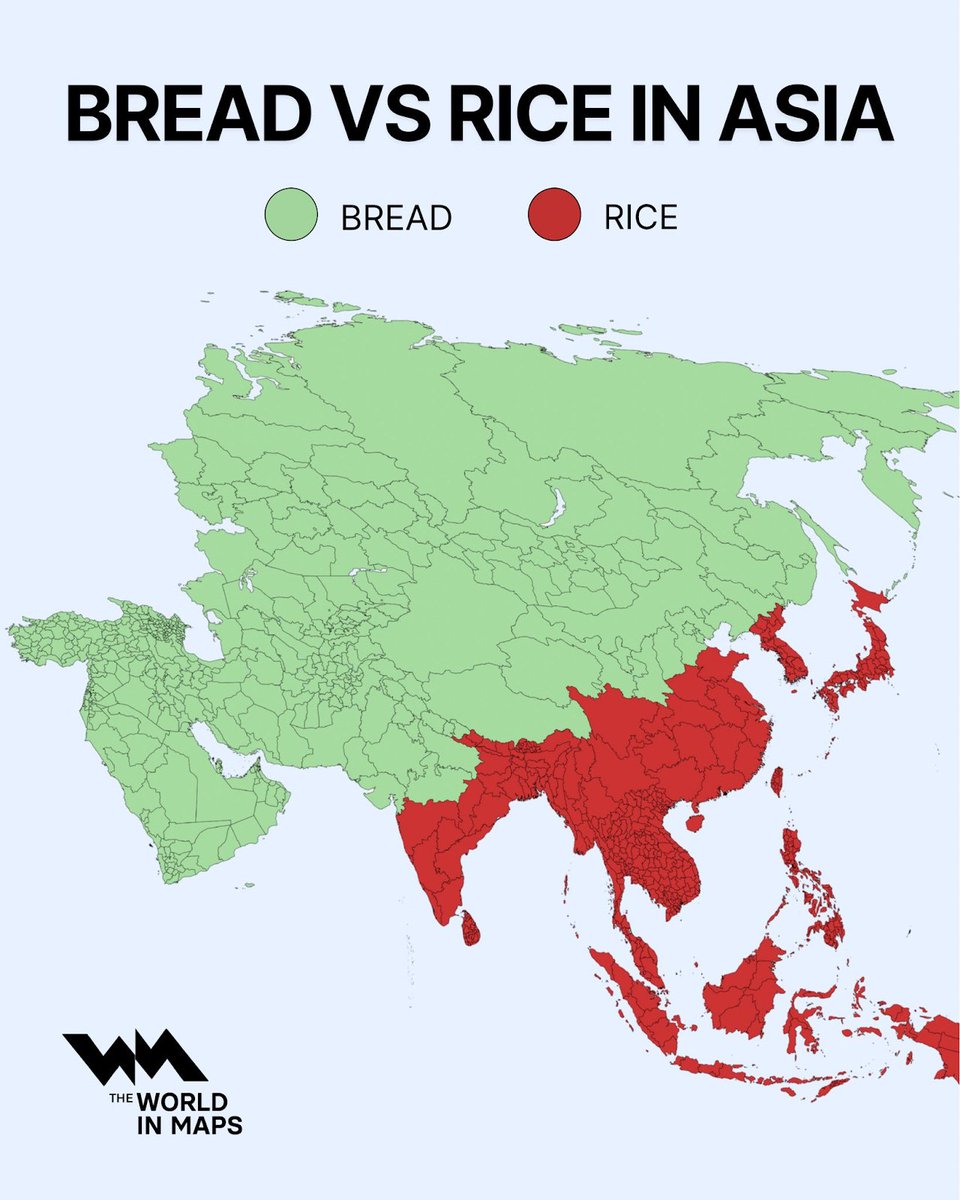One of the key features ppl traditionally miss about history: the network effects that drive it, and their consequences for today
Thread 🧵
Thread 🧵
3. The more natural resources, the + they built infrastructure to harness it, the + they developed tech to do it, the + ppl could stay put instead of being nomadic, the + they could accumulate wealth 

4. The + pop they had, the + they could specialize, and the + productive they were because they developed + tech 

5. All of that got a huge boost from trade: the + you had, the + you could trade, and the + you could get from others, diversifying your resources & tech 

6. For that you wanted good access to other cultures though. The easier the access, the better the trade, and the + of everything 

7. But you also needed + and + coordination with others to make all of that happen and to protect your wealth from others, so you needed + government and social organization. The + you had, the + you could protect and enhance your trade, wealth, infra... 

That's how you get one of the best flywheels in the world
And this is just a high-level summary. There are probably many more dynamics I'm missing.
And this is just a high-level summary. There are probably many more dynamics I'm missing.

This is why the population growth of the world has been accelerating over time.
It's also why innovation consistently increases in the long term. The US's GDP per capita has grown at 2% YoY for nearly 150y.
It's also why innovation consistently increases in the long term. The US's GDP per capita has grown at 2% YoY for nearly 150y.

It's also why the industrial revolution was most likely to appear somewhere in Eurasia. The network effects of several areas were connected 

It tells us why the best geography was crucial early on for success, but also why it matters less and less. Now you can trade your way through lack of natural resources, you can automate or specialize to not need as much pop growth... 

What you do need is tech, because productivity fuels everything else.
More details in last week's article
unchartedterritories.tomaspueyo.com/p/history-netw…
More details in last week's article
unchartedterritories.tomaspueyo.com/p/history-netw…
• • •
Missing some Tweet in this thread? You can try to
force a refresh















